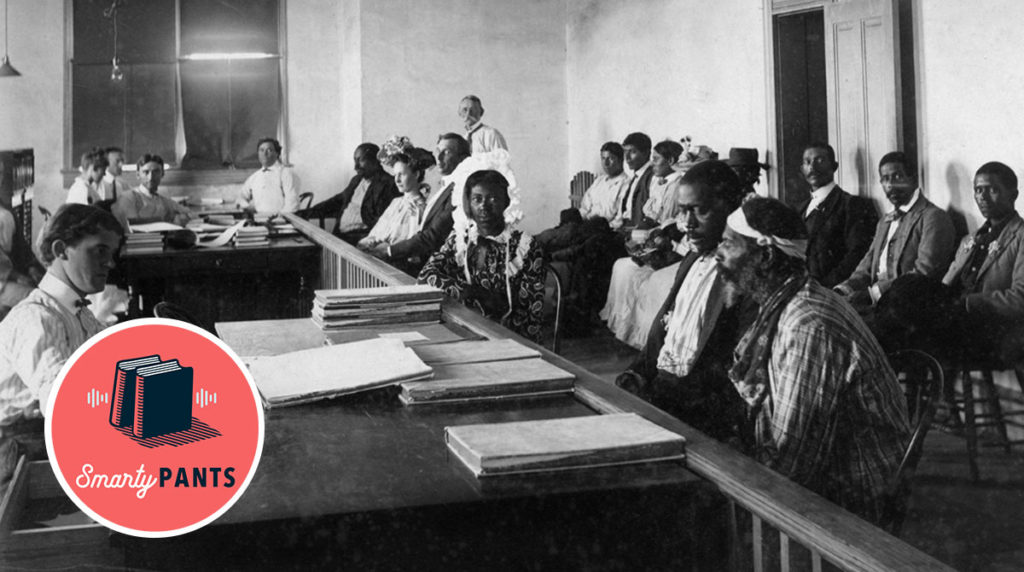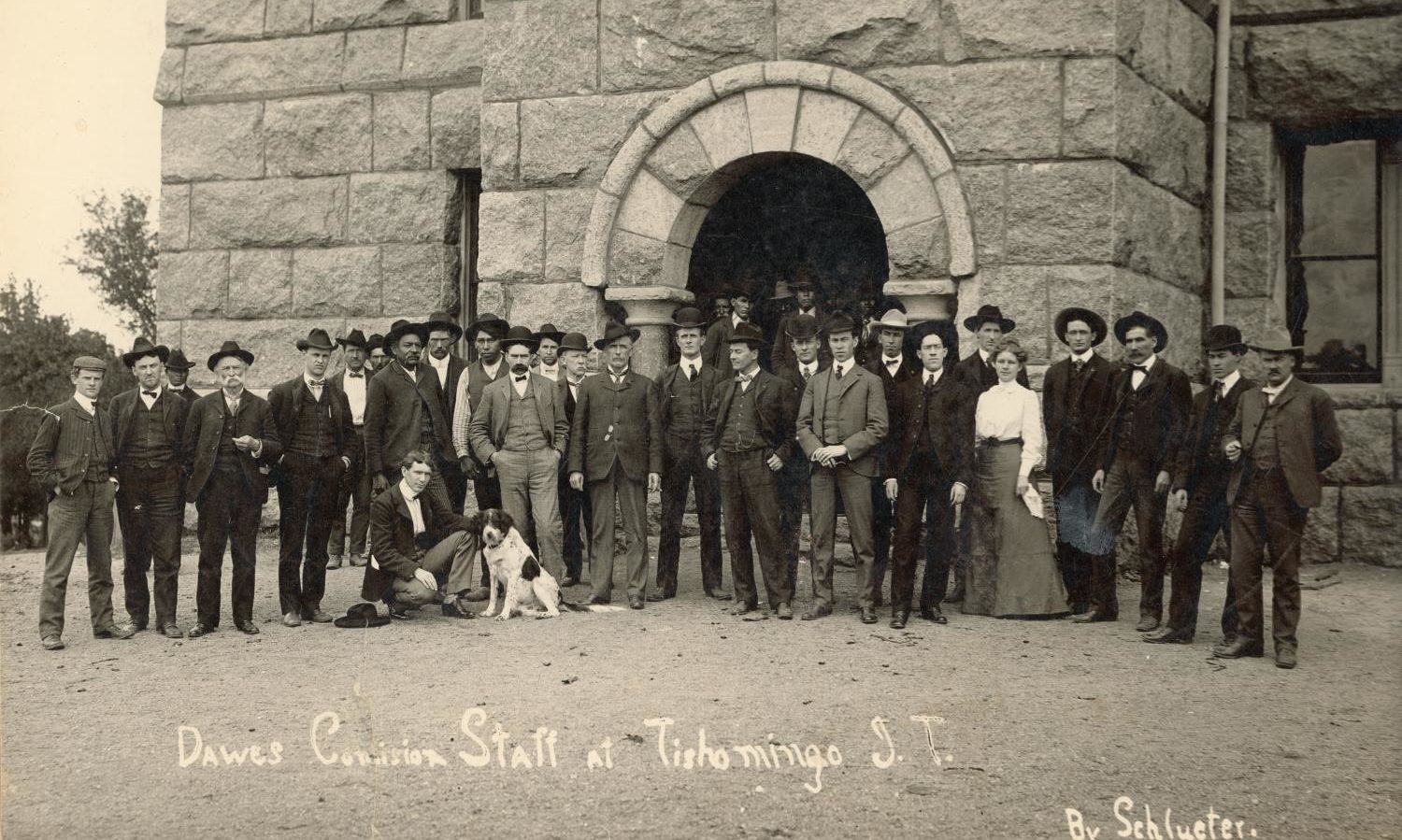How the Black Creek Lost Their Citizenship
Caleb Gayle on a complicated tale of belonging

The Creek chief Cow Tom was born around 1810 along the west coast of Florida. He survived the Trail of Tears, served as an interpreter between the Creeks and the U.S. government, and earned the title of Mikko, or chief, for his leadership of Creek refugees during the Civil War. In 1866, he served as an adviser during the nation’s treaty negotiations with the U.S. government. This treaty, in addition to banning slavery in the five First Nations who were party to it, granted full citizenship in the Creek Nation to Black Creeks who had been accepted into the community after marriage or had been previously enslaved by their Indian owners. Mikko Cow Tom was one of those Black Creeks. When he died in 1874, he bequeathed his considerable assets, including grist mills, cattle, and land, to his family—along with Creek citizenship and a degree of social prominence that was exceedingly rare for a Black family of the time. But in 1979, the Creek Nation expelled its Black members, and to this day refuses to recognize their citizenship. In his new book, We Refuse to Forget, journalist and Northeastern University professor Caleb Gayle tells the complex story of the Creek Nation’s ongoing reckoning with identity.
Go beyond the episode:
- Caleb Gayle’s We Refuse to Forget: A True Story of Black Creeks, American Identity, and Power
- Read Gayle’s 2018 article on Damario Solomon-Simmons’s suit against the Creek Nation to restore Black Creeks’ citizenship
- Solomon-Simmons lost the case, but in 2017 a U.S. judge ruled that Cherokee Freedmen had the right to tribal membership (a decision the Cherokee Nation Supreme Court reaffirmed in 2021)
- You can search the Dawes Rolls, which lists people accepted between 1898 and 1914 as members of the Cherokee, Creek, Choctaw, Chickasaw, and Seminole tribes. The Dawes Commission, pictured below, notably used blood quantum and race to define membership—which would sometimes vary within the same family.

The Dawes Commission, photographed in 1904 at Tishomingo (Oklahoma Historical Society)
Tune in every week to catch interviews with the liveliest voices from literature, the arts, sciences, history, and public affairs; reports on cutting-edge works in progress; long-form narratives; and compelling excerpts from new books. Hosted by Stephanie Bastek.
Subscribe: iTunes • Stitcher • Google Play • Acast
Download the audio here (right click to “save link as …”)
Have suggestions for projects you’d like us to catch up on, or writers you want to hear from? Send us a note: podcast [at] theamericanscholar [dot] org. And rate us on iTunes!


